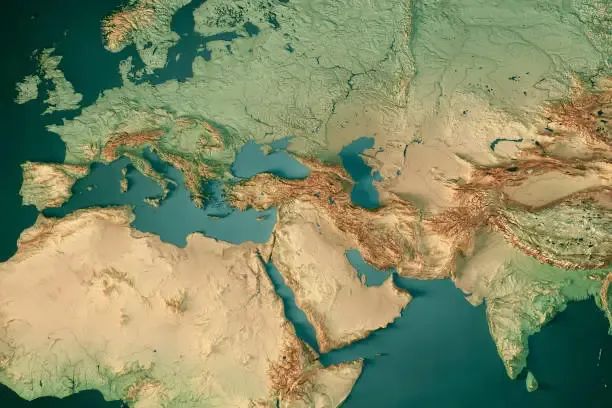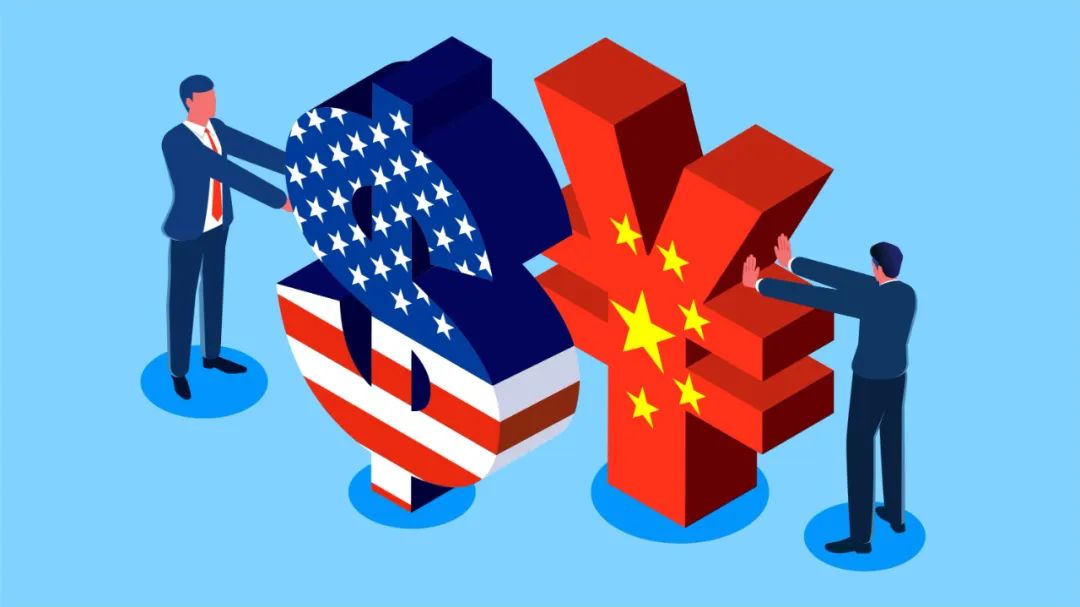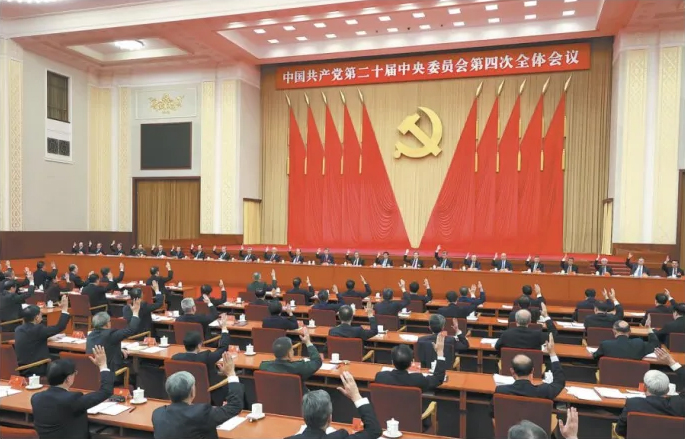
The world has entered a new stage in great power competition, and is undergoing profound transformation. As an important part of the international community, the European Union has long pushed for its own strategic and independent foreign policy. However, the Russia-Ukraine conflict has forced the EU towards the US, leading many to believe that transatlantic cooperation has entered a new stage. However, this conclusion is doubtful.
Be it the EU or Russia, the Ukraine conflict has been costly to all sides. But has the US, the biggest instigator, been the biggest winner? The conflict has exceeded estimations, and also caused a backlash against America's own interests. For example, this conflict has directly led to a worldwide energy and food crisis, while inflation in developed countries has surged. This conflict has become an important factor contributing to high inflation in the US. As the conflict escalates, the EU, which directly pays the bill for this conflict, has realized its own losses. The differences between the strategic demands and fundamental interests of the US and Europe have become increasingly prominent, which is a huge obstacle to the US' ambitions to build a broader anti-China alliance.
Potential conflicts between the US and Europe finally surfaced with the introduction of the Inflation Reduction Act. The Act aims to enhance the competitiveness of US manufacturing industry in international markets through barriers to trade and investment, government subsidies and localization. The Act is widely seen in European business community as a fundamental blow to much of Europe's manufacturing sector and a moral insult to the EU which is already in the midst of war crisis and economic stagnation. Although US President Joe Biden received his French counterpart Emmanuel Macron in a high-profile manner, the US sees sacrificing Europe as its fundamental interest.
In fact, in the context of globalization dominated by capital principles, the transatlantic relationship between the US and Europe has nothing special at all, and is essentially a relationship of naked interests. Historically, the first-tier capitalist countries of Europe have been the main wings of the Western camp in the US-dominated world after the World War II. The collapse of the Soviet Union unleashed a great sense of European autonomy. However, in Europe in the post-Cold War period, the US has made full use of its strategic influence formed since World War II, skillfully used internal contradictions in Europe, constantly stirred up ethnic antagonism and racial hatred, and asserted its dominance over European security. In the world political map of the US, the position of the EU can only be a follower of the US hegemonic system.
Transatlantic cooperation is complex. Since Biden coming into office, the US has sought to form a broader anti-China alliance of Western countries, demonizing China and demanding cooperation of other Western countries.
The problem is that in the field of US-EU economic and trade cooperation, the US has been trying to impose its own industrial standards and trade rules on the EU, forcing Europe to submit to the demands of the US global economic hegemony at the cost of giving up its own core economic interests. In the field of future-oriented high-tech and emerging industries, the US is even using "unconventional means" to suppress the normal development of relevant industries in Europe. By summarizing the economic and trade developments between the US and Europe in the past two years, it is not difficult to see the Biden administration, though not verbally emphasizing "American interests first," has caused the most fundamental damage to European economic development and geopolitical security.
It should be noted that the conflict between the US and Europe in terms of fundamental strategic thinking profoundly reflects the inherent differences between the Anglo-Saxon-culture-dominated maritime civilization and German-French-dominated continental civilization. The US cannot accept a strong Europe with a sense of strategic autonomy, nor can it accept that the EU builds friendly and interconnected relations with neighboring powers in the normal way of geopolitics. In other words, Washington's interests are premised on the loss of Europe's own interests. Can such a situation endure in an era of dramatic global upheaval?
In the past month, major European leaders who woke up from their sleep paid visits to China one after another, which seemed to provide the answer to the trend of transatlantic relations between the US and Europe. The painful lessons of the Russia-Ukraine conflict have forced the EU to rethink what a healthy China-EU relationship really means. At only the most basic level, this means that real strategic autonomy for the EU is possible. After all, the ever-increasing economic and trade data between China and the EU is the fundamental guarantee for Europe's practical interests. The ideological divide, by contrast, makes no sense at all.











